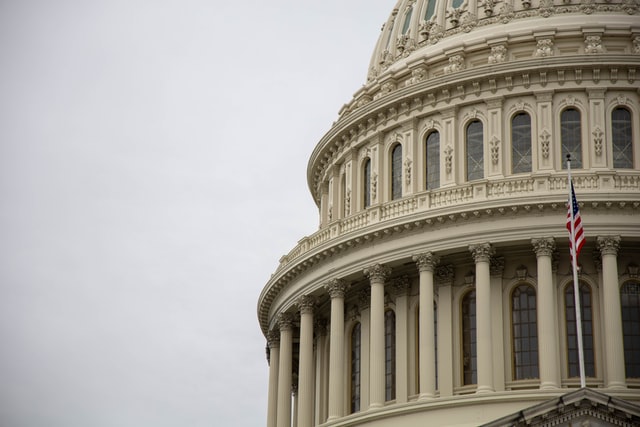The desire to transform political parties is a global recurring theme, as many people are disgruntled due to the state of the common parties. Most political parties have acceptable objectives when they are formed, but during the course of political changes and elections, most of them lose visions and start chasing after the wind. Some have been bought off by elites or rich individuals or sponsors who are now taking people on a wild ride without fulfilling the political objectives. Because of this, many supporters and politicians call for tough reforms to ensure that parties return to their fundamental conduct and be able to execute their assigned duties.

Several methods have been brought forward by politicians and loyal supporters on reforming political parties across the globe.
It was noted that political parties need to follow all the democratic principles to reform themselves. The issue of endorsing and imposing party leaders is a recurring problem. All those countries with dictators face such challenges of being given a party leader or candidate without proper consultation. This is fuelled by nepotism and financial influence, while political parties are shunning democracy.
Six reforming pillars were noted, including equality, diversity, justice, freedom, participation, transparency, and monitoring [Source]. Equality entails the balance between men and women when it comes to politics. It is necessary to do this at a party. For instance, the new Afghanistan government did not include any women, and activist groups worldwide condemned such moves because they oppress women who wish to participate in politics. The US was applauded for having a female Vice President, and various female Prime Ministers and Governors were inaugurated in many places, showing an equality nature among politicians.
Political parties also need to consider diversity when selecting candidates for elections or internal party positions. For example, there are diverse races in the US; therefore, minority groups should be represented in the party’s structure and compete in general elections.
Another vital aspect of reforming political parties is to observe justice. Only the appropriate rights must be propagated, and any misconduct condemned. This also touches on disciplining members who break the party’s laws, giving a fair judgment to these perpetrators, banishing other members who break serious rules, and constantly changing leadership, especially when a leader is found guilty of any crime in the party.
But to do so, there is a need for every political party to have a reliable and comprehensive constitution. A constitution carries rules and regulations that govern people’s conduct. It is needed in a political party so that every member knows the ‘dos’ and ‘don’ts’ of a party. Constitutions also make it easy to govern a party and discipline members while holding internal elections smoothly without infringing the rights of people. As part of reforms, political parties must have a constitution. After intense consultation with all members, this lawful document should be written to incorporate everyone’s rights and needs.
To carry out a proper reforming process, there is also a need for financial management [Source]. A political party runs on money, but every financial boost needs to be checked to see if money is used correctly because some leaders abuse parties’ funds.
A shared idea of reforming political parties is to stamp out corrupt tendencies. In most parts of the world, politics is a ‘dirty game,’ and politicians are usually selfish, so this calls for the demolition of corruption.







































